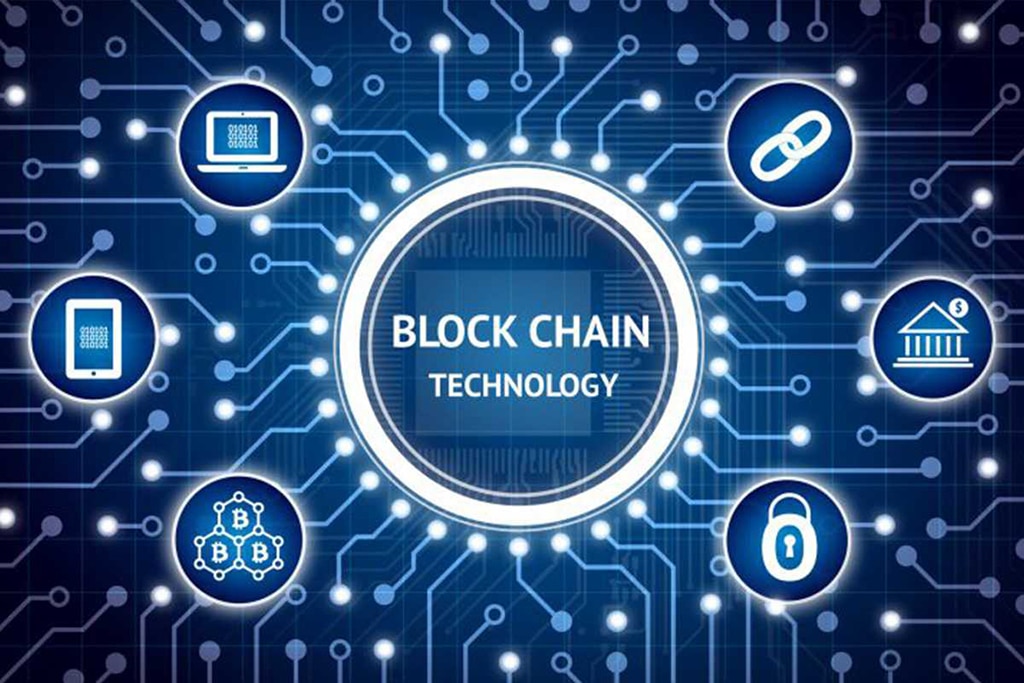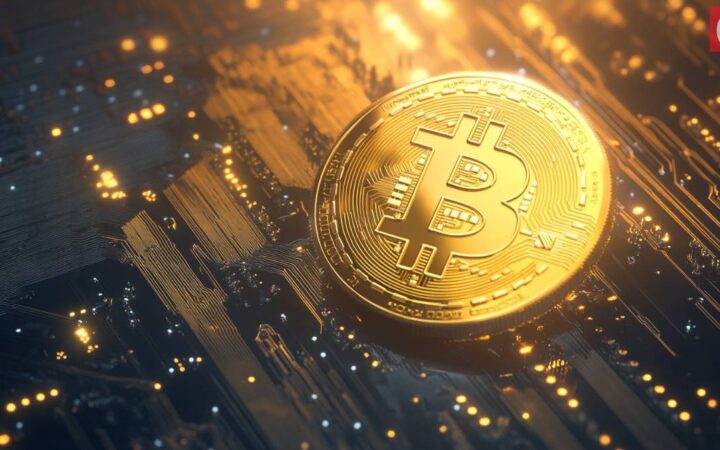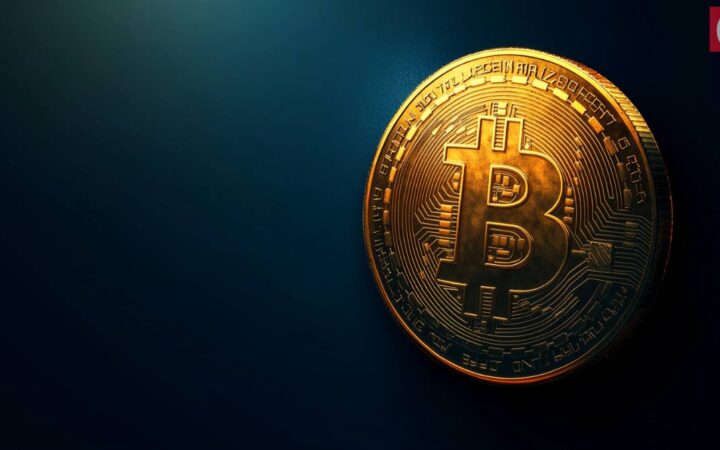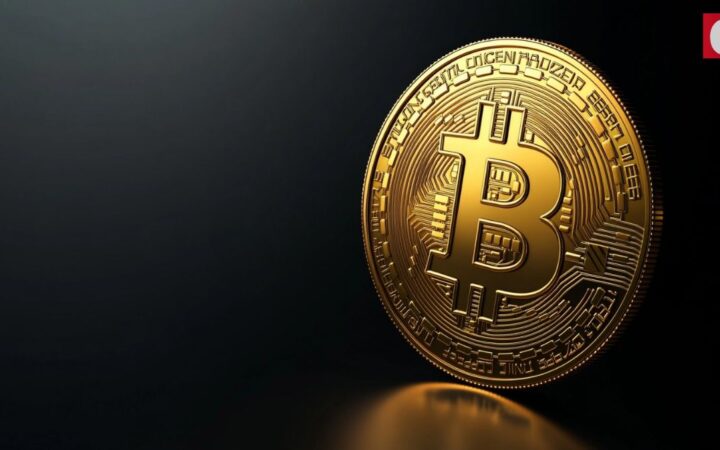
Please check out latest news, expert comments and industry insights from Coinspeaker's contributors.
The advantages of blockchain technology literally “plug holes”, i.e., solve the unavoidable problems of the traditional economy built on the fiat money circulation.

When talking about blockchain, they mean not just a payment system or digital money, but something bigger. “The effect of the emergence of Bitcoin, the world’s first cryptocurrency, can be compared with the invention of the Internet or a smartphone,” many crypto enthusiasts repeat who sincerely believe in its great future. All the existing blockchains can be conditionally divided into centralized (governed by a single control center) and decentralized. The second type is the most progressive and therefore has become much more widespread in recent years.
Let’s see how decentralized structures can change our familiar world. We will also focus on their most important advantages for each user and the areas of everyday use of this type of blockchain.
Many people find it difficult to explain the difference between “cryptocurrency” and “blockchain” concepts. In fact, there are many implementations of blockchain technology, including the issuance of a crypto asset in the form of a cryptocurrency.
Blockchain is a centralized or decentralized network representing a developed ecosystem with its own internal rules and services. Cryptocurrency is indeed the most popular, but not the only market application of blockchain technology.
Other common uses are the following:
Let’s also consider the advantages of implementing decentralized blockchain systems in these and other industries.
A standard financial transaction between the parties is carried out with the participation of a bank. The financial institution acts as an intermediary. The bank transfers money from customer A to customer B for a share of the transfer amount. The disadvantages of this scheme are obvious: losses due to fees and a long waiting time.
Moreover, disputes that regularly arise in a traditional market economy are resolved with the involvement of a third party – arbitration. In this case, the parties face the same drawbacks as when using banking services. In the blockchain, all these functions are performed by smart contracts or protocol algorithms. This cuts costs for the parties and reduces the waiting time to a minimum.
Increasingly more large companies are fully aware of the benefits of switching to DeFi – decentralized financial services. This is not about the distant future at all. For example, the US retail giant Walmart joined the Hyperledger blockchain consortium back in March 2020. IBM and Danish freight carrier Maersk launched a blockchain platform to track freight shipments back in 2018. The Nasdaq exchange launched its own infrastructure platform Nasdaq Linq back in 2015. Its customers were able to manage the movement of securities based on the blockchain. Other major financial market players soon followed suit: JPMorgan Chase (JPM), Goldman Sachs (GS), and Bank of America (BAC).
Not so long ago, a cross-border payment could only be made through one of the following systems: Swift or Western Union with a fee from 5 to 20%. Now a bank can send money to anywhere in the world via blockchain for only 2-3% of the transfer amount, and it will do it almost instantly.
Each money transfer in the blockchain is recorded forever and cannot be altered. Each member can freely view the completed transactions. For example, all it takes in the Relictum Pro generation 5.0 blockchain system is to enter Explorer to view the following:
What about commercially sensitive information? It’s simple – every wallet in the Relictum Pro decentralized network is anonymous. It is impossible to track who received the money and who sent it. Moreover, the principle of hashing guarantees that it is impossible to alter the already recorded data. Even developers can’t do it.
The financial sector is not the only one where DeFi products are being increasingly used. The following sectors use smart contracts:
New areas of DeFi application emerge with amazing regularity, beating their predecessors in terms of simplicity, ease of use, and security.
A modern user does not need to have special education in order to use blockchain platforms every day. Most DeFi products look like extremely easy-to-use mobile apps. Almost all operations are performed in just a couple of clicks. Moreover, the most technically advanced projects offer ready-made solutions for all types of devices at once: smartphones, laptops, PCs, tablets, etc. – for example, Relictum Pro, The Open Network and others.
It usually takes a long time to verify the customer identity in an ordinary bank. They use the following methods:
The customer has to repeat all these actions often to access various financial services. In the blockchain, identity verification occurs once, after which the user accesses all available services in one app.
The first major corporations to implement digital identity cards created on the blockchain were the following:
They all accept identities generated by the UN-backed company ID2020.
Despite many advantages, one cannot but mention the disadvantages:
Eliminating each of these shortcomings is a vector for the blockchain technology development, as well as the latest generations of decentralized ecosystems.
The advantages of blockchain technology literally “plug holes”, i.e., solve the unavoidable problems of the traditional economy built on the fiat money circulation. This is evidenced by the adoption of Bitcoin and other cryptocurrencies as a legal means of payment by a number of states – for example, Spain, Portugal, and Japan. The next reasoned step is the integration of the traditional economy with the latest solutions built on blockchain technology.
Disclaimer: Coinspeaker is committed to providing unbiased and transparent reporting. This article aims to deliver accurate and timely information but should not be taken as financial or investment advice. Since market conditions can change rapidly, we encourage you to verify information on your own and consult with a professional before making any decisions based on this content.

Please check out latest news, expert comments and industry insights from Coinspeaker's contributors.




